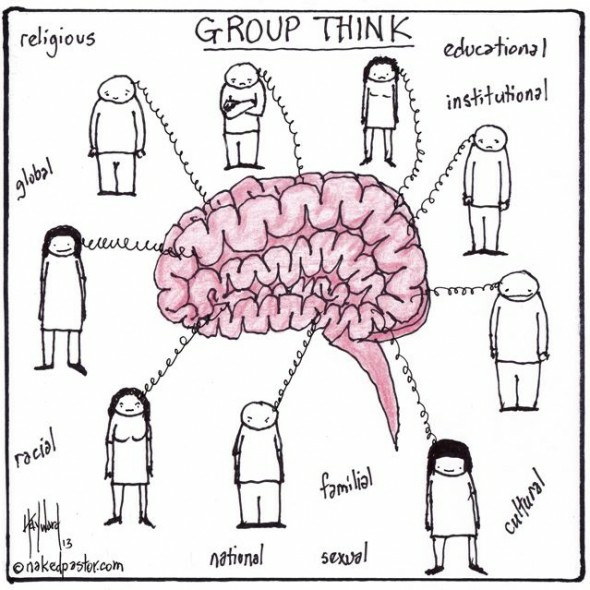Study Finds "Likes" Could Encourage Positive Decisions
/A study in the Science journal found that when people liked an article, others are 32% more likely to approve of the article. Published as "Social Influence Bias: A Randomized Experiment," the study looked at data from 100,000 articles from a web site that aggregates social news. Web site administrators randomly assigned initial positive and negative ratings, which caused a "herding effect"-in this case, "jumping on the bandwagon" with positive reviews, although writing and reporting in that article were not necessarily any better than in any other articles.
However, the study found, surprisingly, that the opposite didn't hold true; rather, when people disliked an article, others commented to correct the initial review. In other words, people defended articles with initial negative comments.
A New York Times article about the story describes the effect:
"The first person reading the comment was 32 percent more likely to give it an up vote if it had been already given a fake positive score. There was no change in the likelihood of subsequent negative votes. Over time, the comments with the artificial initial up vote ended with scores 25 percent higher than those in the control group."
The authors warn of social biases in many types of decision making.
Discussion Starters:
- In what ways do you see evidence of this study in your own experience on social networking sites or ratings sites?
- What implications from this study can you see for how TripAdvisor works? What are the potential dangers of the herding effect?


